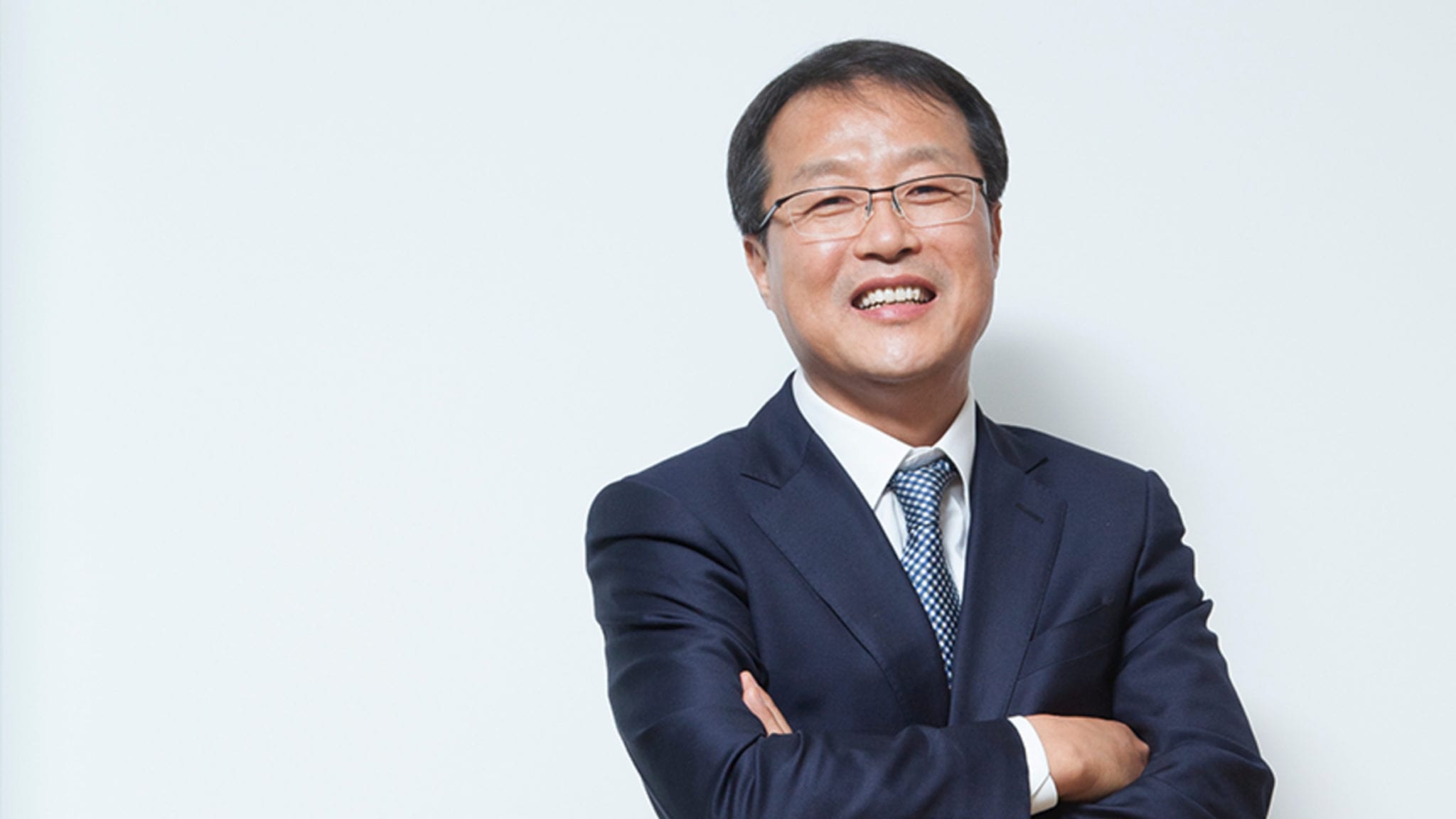
Celltrion to begin mass producing antibody treatment before getting approval
In the race for something — anything — to rein in the pandemic, Celltrion says it will begin mass-producing its potential Covid-19 antibody treatment this month. The Incheon, South Korea-based company hopes to snag emergency approval shortly thereafter.
The drug has gone through a Phase I trial with 32 volunteers in South Korea, and will be tested in 9 more patients in another Phase I study before advancing to later-stage trials, per a Reuters report. The biotech says it’s going to regulators for emergency approval soon — but could produce about 1 million doses before even getting the green light.
Unlock this article instantly by becoming a free subscriber.
You’ll get access to free articles each month, plus you can customize what newsletters get delivered to your inbox each week, including breaking news.